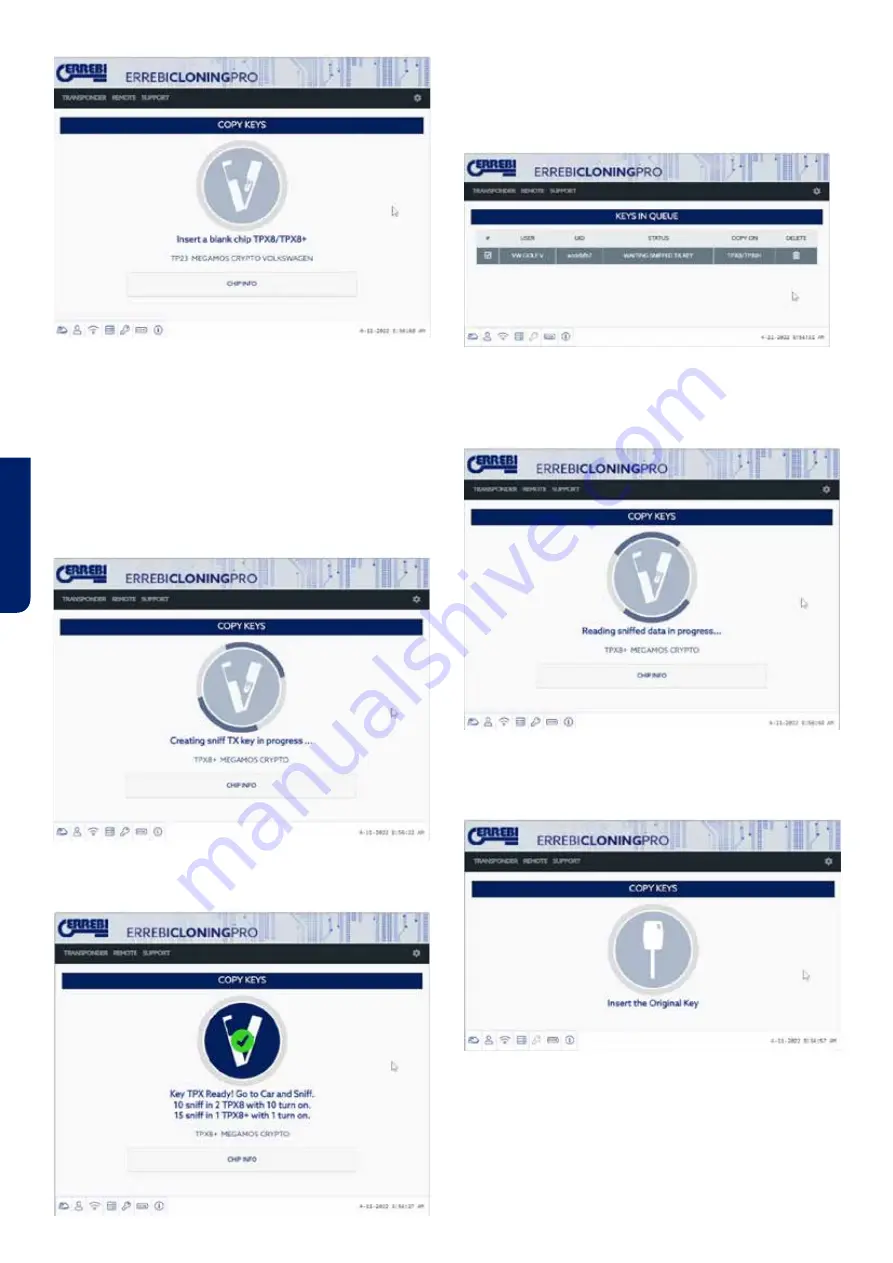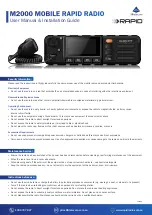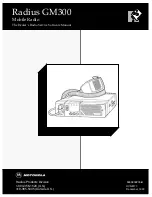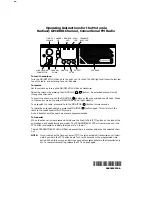
ESPAÑOL
ENGLISH
DEUTSCH
FRANCAISE
PORTUGUESE
POLSKI
РУССКИЙ
38
ENGLISH
Whenever you are using the guided copy process, you will then be told
which type of blank Errebi chip you need to insert, in this case a blank TX8/
TX8+ chip:
The copy process continues by changing the chip settings and setting it to
SNIFF Mode so you can then collect certain data from the vehicle ignition
lock.
This data collection process is exclusive to key types with Megamos Crypto
and Philips Crypto II technology.
For all other technologies (broadly those described in the type of servers
implemented at Errebi), you only need to scan the original key and the
frames (challenge-response) that you collect from the original key in the
device’s antenna.
If the operating mode change process continues correctly, the following
menu will be displayed telling you to collect data from the vehicle ignition
lock.
Given that you might have different keys with access to different servers at
different stages of the process (based on the transponder technology), the
individual process control panel on each client machine will be displayed
while a transponder is inserted into the antenna. This panel shows the
progress of your keys and the precise status of each one in the process:
After the data has been collected from the vehicle (see the Errebi YouTube
channel for different videos about sniffing that were published previously for
the LS8), TRC20 allocates the data to the correct key from the list on the
client control panel according to the key ID:
After reading the sniffed data, the process will ask you to reinsert the original
key to collect different frames-responses. These basically provide the
information that will be sent to the calculation server:
If the frames are correct, the process continues to either the
Key in Queue
status depending on how many people are processing keys at the same
time (Megamos) or the
Processing Key
status if there was nobody waiting
in a queue.
















































